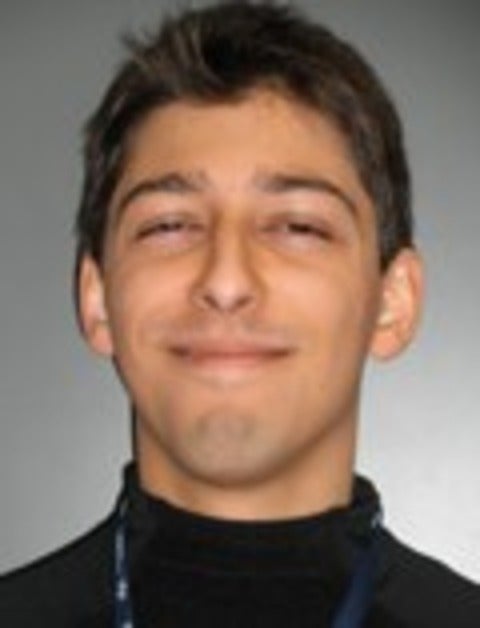Colloquium: Lidia del Rio
Finding non-signalling agents and subsystems in global theories
Lidia del Rio, University of Bristol
How can we find operational notions of local agents within a global theory? In this talk, I will present an operational way to model the effective state spaces of individual agents, as well as the range of their actions. I will then address the aspects of locality relevant to derive independence and non-signalling conditions between agents. This approach establishes an operational connection between local action and local observations, and gives a global interpretation to concepts like discarding a subsystem or composing local functions.

 Yuval Sanders of the Department of Physics and Astronomy will be defending his thesis:
Yuval Sanders of the Department of Physics and Astronomy will be defending his thesis: